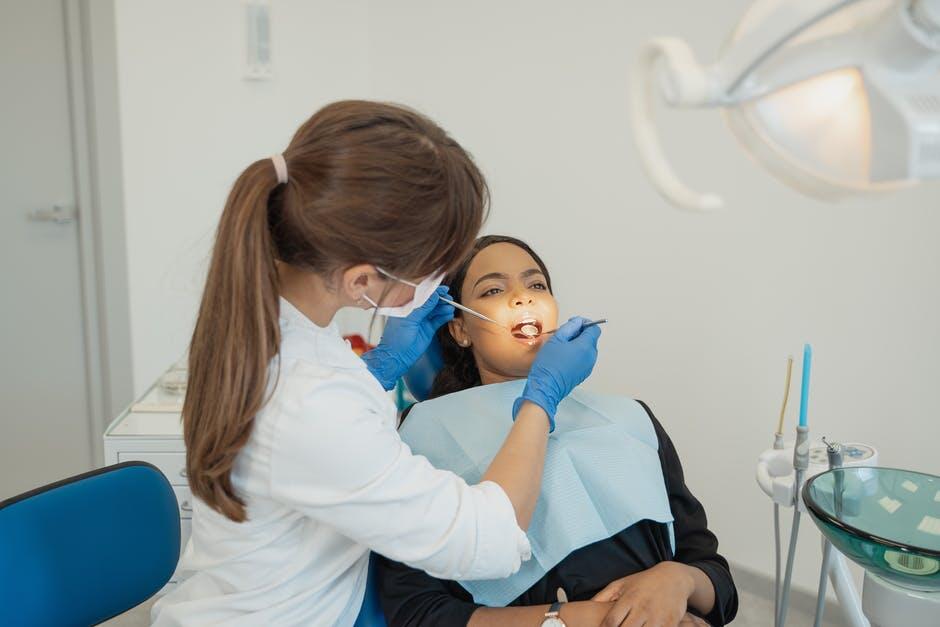
13 Feb How Long Does Numbing Last After a Dentist Visit?
A visit to the dentist may involve the use of local anesthesia to ensure comfort during procedures. Dental anesthesia is important for managing pain. Many patients ask, “How long does the numbing last after a dental visit?”
Read on to understand the duration of numbness, the factors that influence it, and tips for managing the sensation can help.
Understanding Dental Anesthesia Duration
Local anesthesia is often used during dental procedures. Examples include:
- Cavity fillings
- Root canals
- Extractions
It works by blocking nerve signals in a specific area, which numbs the region and prevents pain. The duration of numbness can vary, but here are some general guidelines:
Type of Anesthetic Used
The specific anesthetic administered plays a significant role in how long the numbing sensation lasts. Lidocaine, one of the most common local anesthetics, often provides numbness for about one to three hours. Other anesthetics, like bupivacaine, may last longer, extending up to 8 hours for post-treatment pain relief.
Procedure Type
Dental procedures that require extensive work or deeper penetration may involve higher doses or longer-lasting anesthetics. For instance, wisdom tooth extractions or surgical procedures might require stronger or longer-lasting anesthesia compared to a simple filling.
Factors That Impact Numbing Duration
Several factors determine how long the numbing sensation lasts after a dental visit. Here’s a closer look:
Injection Site
The location of the anesthetic injection can affect its duration. For example, anesthesia given near larger nerves, like the inferior alveolar nerve in the jaw, usually lasts longer. It’s because it diffuses more slowly in the area.
The amount of anesthetic used will also influence how long the numbness persists. A higher dose or a more concentrated solution may extend the effects.
Use of Vasoconstrictors
Many local anesthetics contain vasoconstrictors. This slows down the absorption of the anesthetic, prolonging its effect and reducing bleeding during the procedure.
Your Overall Health
Medical conditions like liver or kidney issues affect how drugs are processed in the body. It can also alter the duration of numbing after your dentist visit.
Your body’s metabolism, age, weight, and overall health can also influence how quickly the anesthesia wears off. For example, people with faster metabolic rates may notice the effects fade sooner. Children or older adults may experience a prolonged numbing effect.
Tips for Managing Numbness After a Dental Procedure
While numbness is temporary, it can feel strange or uncomfortable. Here are some practical tips to manage the sensation and ensure a smooth recovery:
Avoid Eating or Drinking Until Sensation Returns
Eating while your mouth is numb increases the risk of accidentally biting your cheeks, tongue, or lips. Stick to soft or liquid foods until the numbness fully wears off.
Drinking plenty of water supports your body’s ability to flush out the anesthetic. Just be cautious when drinking while numb to avoid spilling or choking.
Stimulate Blood Flow
Increased circulation can help speed up the metabolism of the anesthetic. Gentle activities like taking a walk or massaging the numb area (externally) can improve blood flow. Always consult one of your dentist before trying this.
Apply a Warm Compress
If your dentist approves, apply a warm compress near the affected area. It can help stimulate blood flow and alleviate lingering numbness.
Adverse Reactions to Dental Anesthesia
While dental anesthesia is generally safe and effective, there are times when lingering numbness could indicate an issue. If you experience any of the following, it’s important to reach out to your dental team promptly:
Numbness Lasting Over 8 Hours
It’s true that some longer-acting anesthetics can last up to this duration. Still, extended numbness may indicate a nerve irritation or minor injury.
Tingling, Burning, or Painful Sensations
Persistent or unusual sensations in the numbed area should be evaluated. This could be a sign of nerve compression or trauma.
Difficulty Moving the Jaw or Face
In rare cases, prolonged anesthesia may impact nearby muscles or nerves. If you notice trouble with jaw movement, speaking, or facial expressions, consult your dentist right away.
Signs of Infection
Redness, swelling, or even a feeling of warmth around the injection site could indicate an infection. An infection is something that needs prompt dental care for full dental procedure recovery.
Your Dental Care Experts
At McIlwain Dental Specialists, our expert team of dentists are here to help guide you on your oral health journey. With over four decades of general and pediatric dentistry experience we are here to help answer any questions you may have.
Are you ready to elevate your smile? If so, don’t wait to schedule a convenient appointment with McIlwain Dental Specialists today.


